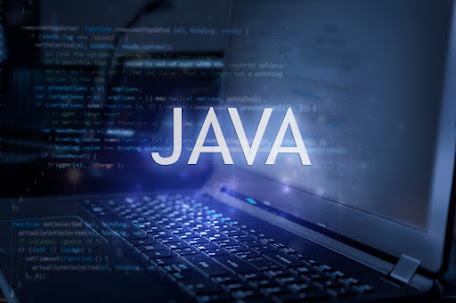Learn the most frequently asked Core Java Interview questions
Java is one of the most popular programming languages. Several programmers have mastered Java and it is one of the most requested languages in the IT industry. While there are several hardcore java developers, the language is quite complex to master. That's why there is a great demand for Java developers who might not be so hard-core with their knowledge of the language but are experts in terms of practical usage. In this article, we will share with you some most important java interview questions so let's get started.
Java Interview Questions for Fresher
So let’s get started with the first set of basic java interview questions and answers for freshers which is primarily useful for freshers. In fact, almost all those questions are asked in Java interviews even by experienced manager level programmers.
What's The Difference Between C++ and Java?
Concept-It's difficult to call C++ platform-independent because C++ itself is not platform-independent. It is possible to compile the same source code into an executable program on several platforms, but the code must be written in a completely different way for each type of processor.
Languages Compatibility- C++ is a programming language that is based on the C programming language. Most other high-level languages are compatible with C++. Having this in mind, there's nothing better for you to do than to learn it!
Interaction- It’s a C++ library that includes entity systems. It can access the native system libraries directly in C++. As a result, it’s better for programming at the system level.
What is memory allocation in java?
There are five types of memory allocation in java:
Class memory: In Java, when we only declare a variable of a class type, only a reference is created (memory is not allocated for the object). When it comes to primitive types, the entire data type is allocated when the variable declaration is made.
Heap memory: In simplest terms, heap memory is a part of memory allocated to JVM, which is shared by all executing threads in the application. This type of memory is given to a Java application when it is initialized. It gives space for runtime classes.
stack memory: A stack is a special area of a computer's memory that stores temporary variables created by a function. In Stack, variables are declared, stored and initialized during runtime. Stack is also commonly known as LIFO (Last In First Out). They are called "last in first out" because the last variable that was added to the memory gets read first.
Program Counter-Memory: It is necessary to know about program counter in programming. A program counter contains the memory location of the next instruction for the processor's CPU to execute. It also helps in the execution of instructions as well as tracking the execution points. This will come in handy while coding and debugging purposes.
Native method stack memory: This memory is usually called native memory, native method stacks are not written in Java language. This memory is allocated for each thread when it's created. And it can be of a fixed or dynamic nature.
What is the default value in local variables in java?
Variables in JavaScript are declared using the var operator. Variables can hold different types of values whether they be primitives, object references or functions. This java interview questions go into detail on each variable type so you can understand the differences and pick the right variable type for your next JavaScript project.
Explain the object-oriented paradigm?
A paradigm that is based on the concepts of “Objects.” It contains data and code. Data that is in the form of fields, and regulation, is in the form of procedures. The exciting feature of this paradigm is that the object’s procedures can access and often modify the data fields themselves. This feature is possible due to Object-Oriented Programming (OOP).
Differences between Heap and Stack Memory in Java?
You can define a class by using the keyword class. To store the method implementation and local variables, stack memory is generally used. On the other hand, you can use heap memory to store objects. Before storing, they use dynamic memory allocation and deallocation. After explaining so much information, you will surely be able to explain this topic easily to others.



Comments
Post a Comment